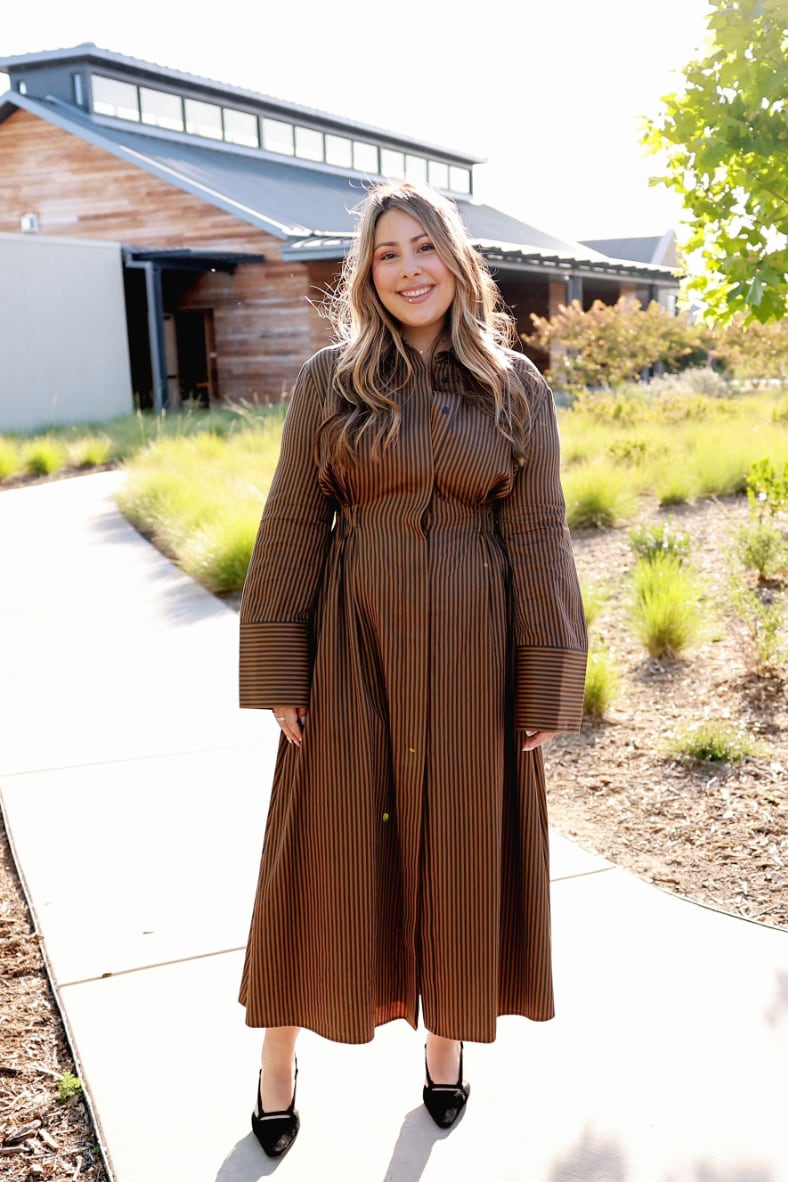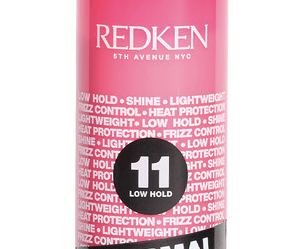
NAPA, CALIFORNIA – As the concept of “zero waste” has taken hold across the beauty industry, single-use products like sheet masks and zit stickers have been left out of the conversation — until Australia-based skin-care brand Conserving Beauty came along.
Conserving Beauty has created an option for zero-waste fans to use these products without the environmental impact: its masks and wipes dissolve in 60 seconds, while its zit stickers eventually melt on the skin. With support from Conserving Beauty board member and model Elle Macpherson, the brand, which was launched in November 2021, has quickly made its way into retail in Australia and the UK with more global expansion plans to come.
For her innovative approach to dissolvable single-use beauty products, founder Natassia Nicolao Grace was announced the winner of the Social Impact Award at the inaugural Business of Beauty Global Awards on Jun. 4 in Napa, California.
“I really just wanted to create a solution. I didn’t necessarily want to start a brand,” said Grace. “I wanted to create something that was going to be game-changing, revolutionary, innovative, and I wanted to unite the best of science and impact.”
The author has shared an Instagram Post.You will need to accept and consent to the use of cookies and similar technologies by our third-party partners (including: YouTube, Instagram or Twitter), in order to view embedded content in this article and others you may visit in future.
Three Years in the Making
The process of finding a way to make sheet masks that wouldn’t end up in a landfill was not an easy one, said Grace, who spent three years working to find a solution ahead of the brand’s launch.
“I pretty much spent the majority of the money I raised in the first year on R&D,” she said. “We had to build our own machinery and manufacturing equipment to be able to produce our products, which is very unusual for a beauty brand.”
But Grace was heartened by the early interest she saw from both venture capitalists and impact fund investors, as well as her mentor Macpherson, who she worked for at Macpherson’s supplement brand WelleCo.
“I was telling her about it, ‘I’m formulating this, I’m doing that, and I would love you to somehow to be a mentor, to be a part of it,’” Grace recalled. “And she’s like, ‘I’m already a mentor. I’d love to be on your board.’”
Grace has raised $2.5 million from high-profile investors such as Venrex, a venture capital firm that backed cosmetics label Charlotte Tilbury, as well as environmental impact funds like Giant Leap and Alberts Ventures, who had less experience in beauty but were drawn to Conserving Beauty’s sustainability proposition.
“The majority of the companies that they invest in are platforms, renewable energy, agriculture – very different,” said Grace. “I think that speaks a lot about our credibility in terms of sustainability, because we have to do so much rigorous reporting in terms of all of our footprints and all of our numbers for water and carbon and waste.”
Gaining Traction Globally
Retailers quickly came on board after launch: It first entered Australian beauty retailer Mecca in April 2022, and soon after entered the UK-based retailers Cult Beauty and Space NK. Sales grew rapidly as Conserving Beauty reached seven figures in its first nine months.
It also quickly earned a crop of influential fans, including celebrity makeup artist Isamaya Ffrench and US-based TikTok beauty influencer Mikayla Nogueira, who posted a video in February about the dissolvable makeup wipes from the brand’s collaboration with skincare brand Fig.1, which led to a massive sales spike.
“Our website almost broke. It’s insane,” said Grace. The mention was organic; neither Conserving Beauty or Fig.1 paid Nogueira for the video. The brand has not done a sponsored deal with an influencer in “over a year.”
Instead, Conserving Beauty focuses its marketing on both product efficacy and sustainability, as Grace believes zero-waste can’t be the only selling point.
“Our customer is very much a millennial who’s looking for results, who’s looking for things that are actually going to work,” she said. “They’re not necessarily looking for a sustainable product; they’re looking for a good product, and then they find out it’s sustainable, and then they’re excited.”
Looking ahead, Grace is planning for more global expansion. The brand launched DTC e-commerce in the US eight weeks ago, and is currently testing DTC in Singapore and Hong Kong.
More collaborations are also in the works, and Grace is thinking big about what she can do with the technology she has developed. Beyond the brand itself, she is hoping to find other ways to sell its patented dissolvable materials, the InstaMelt fabric it uses for its masks and wipes, and the melting nanoDOTE technology for the zit stickers.
“Over the next five or so years, we definitely want to sublicense our technology to other brands that they can use for dissolvable products to really make a true impact in the beauty industry,” she said.



